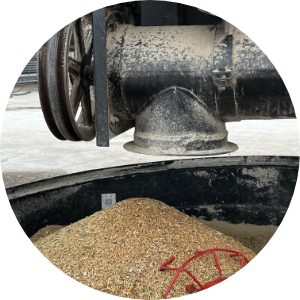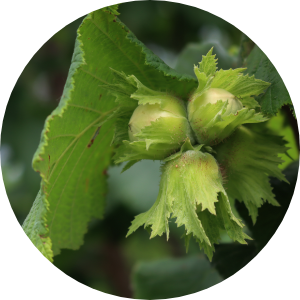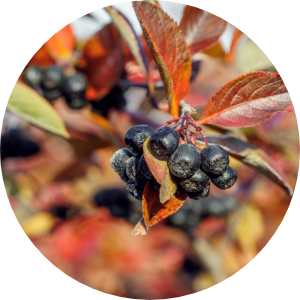Our Land > Climate-Smart Crops
Climate-Smart Crops
Climate-smart crops are a key part of the solution to climate change in agriculture. These resilient, perennial plants protect soil, require fewer chemical inputs, and create new market opportunities for farmers. By growing crops that work with nature—not against it—we can reduce emissions, improve water quality, and build a stronger future for Wisconsin agriculture.
Jump to Section
Explore Our Approach
Overview
Why Climate-Smart Crops Matter
Crops like Kernza®, hazelnuts, and aronia berries aren’t just environmentally friendly—they’re economically smart. These deep-rooted perennials hold carbon in the soil, reduce runoff and erosion, and thrive without heavy fertilizer or pesticide use. They help farmers adapt to climate change, protect natural resources, and tap into fast-growing consumer demand for sustainable food and ingredients.
KEY INITIATIVES
Leading the Shift to Resilient Agriculture
Clean Wisconsin is working with farmers, researchers, and food system leaders to scale up climate-smart crops across the state. By investing in innovation, supporting local supply chains, and creating awareness among consumers, we can help these crops go from niche to mainstream—and bring lasting benefits to our land, water, and communities.

Kernza
Kernza is a perennial wheatgrass that offers both environmental and economic benefits. Unlike annual grains that leave soil exposed for much of the year, Kernza stays rooted year-round—preventing erosion, improving water retention, and reducing fertilizer runoff.
It produces both grain and forage for livestock, making it a dual-use crop. Farmers can harvest the seed for use in baked goods, cereals, beer, and more, while using the leaves and stems as nutritious cattle feed. Kernza also requires fewer inputs than conventional wheat and helps store carbon deep in the soil.

Hazelnuts
Hazelnuts are a native, perennial shrub well-suited to Wisconsin’s soils and climate. Grown in agroforestry systems or as a standalone crop, hazelnuts help stabilize soil, reduce fertilizer needs, and store carbon in their extensive root systems.
They’re a versatile crop with growing market demand. Hazelnuts can be processed into nut butters, flours, oils, and snacks—and harvested mechanically at scale, making them a promising option for commercial production in the Midwest.

Aronia
Also known as black chokeberries, aronia berries are gaining attention as a superfood loaded with antioxidants and nutrients. Their health benefits have been linked to immune support, heart health, and reduced inflammation.
As a perennial, aronia requires little maintenance, no annual tilling, and minimal inputs. The bushes are cold-hardy, drought-tolerant, and naturally resistant to pests and disease—making them ideal for sustainable, low-impact farming in Wisconsin.
sign up
Join the Fight for Our Land
Sign Up For Email Updates
"*" indicates required fields